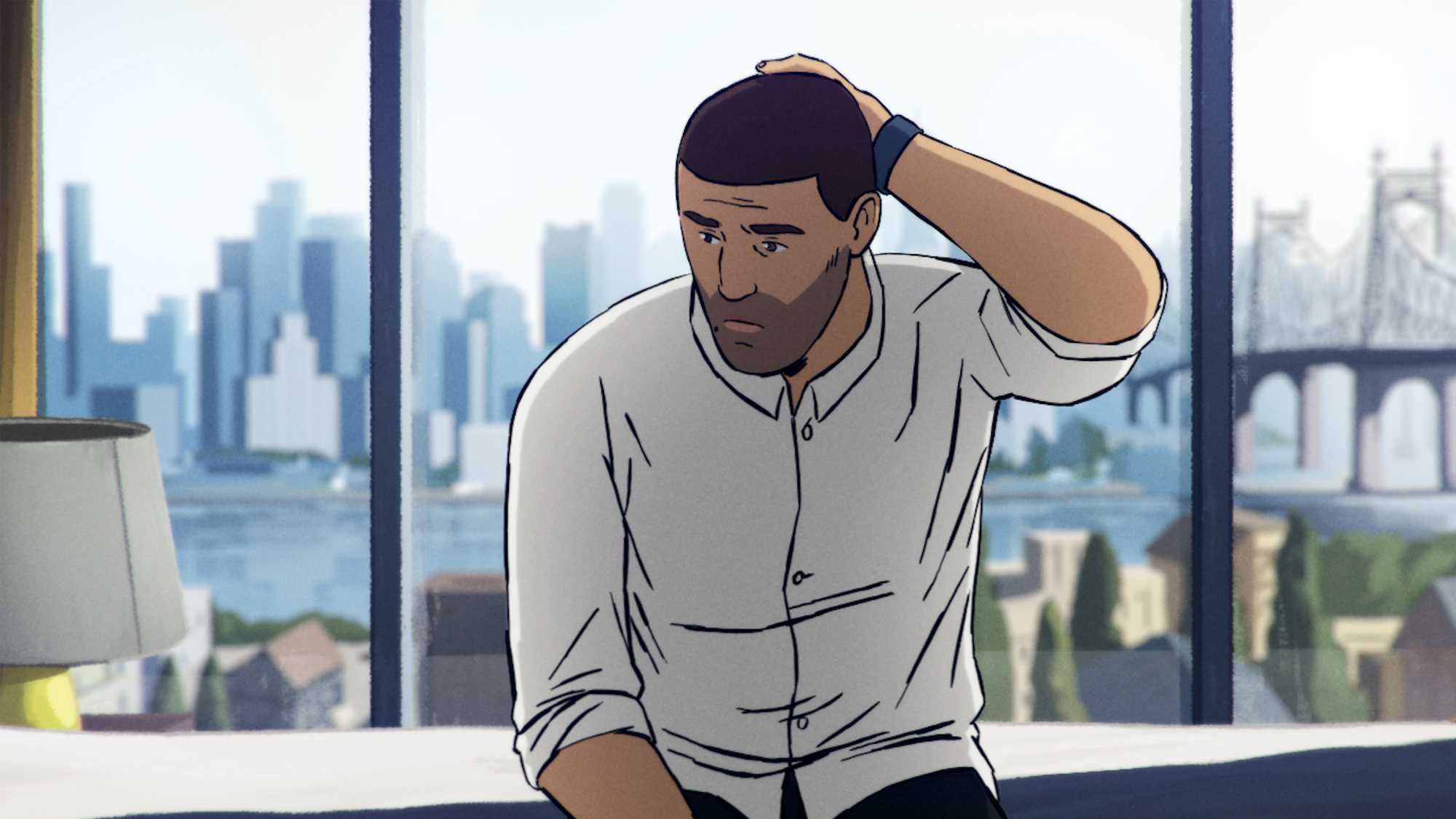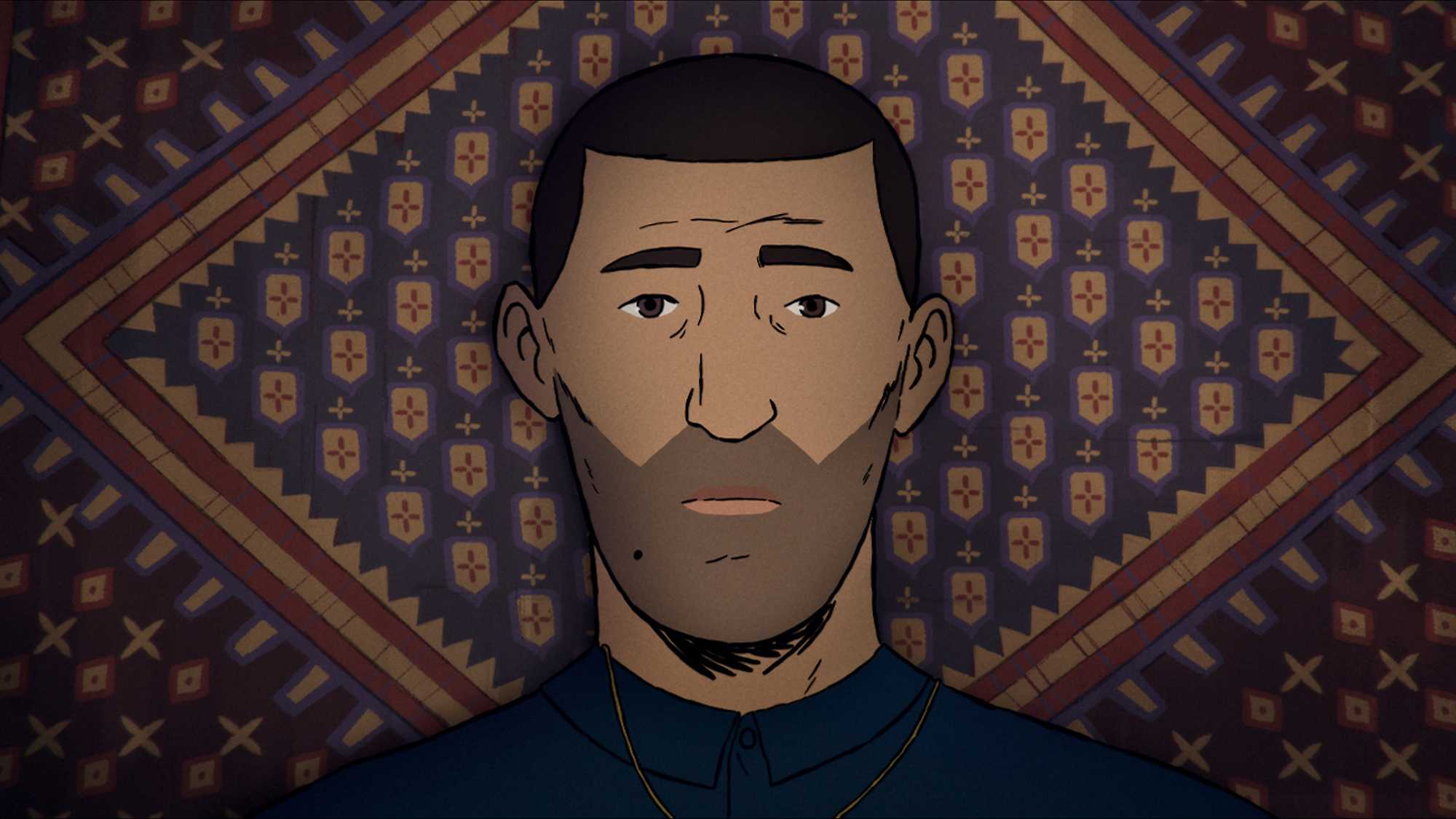A thrilling tale of resilience, Sundance Grand Jury Prize-winner Flee is just as interested in the quiet toll trauma takes on survivors as it is the extraordinary acts that ensured their survival.


It’s impossible to recall a refugee story told with such devastating efficacy as well as such specific nuance, showing us the horrors Amin experienced but also, importantly, how they stuck to him in the years after and still do.
Screened as part of NZIFF 2021
Flee 2020
| Nov 19 | |
When Flee was selected for Cannes 2020 and won the Grand Jury Prize for World Cinema Documentary at Sundance 2021, director Jonas Poher Rasmussen couldn’t have known how urgent and current Amin’s story would prove to be.
As a child, Amin Nawabi and his family are forced to abandon their home in Afghanistan while the Soviet-Afghan War rages through the mid-80s. Decades later, he is settled in Copenhagen, living openly as a gay man and on the verge of wedding his partner. Just as he readies himself for marital bliss, Amin must, for the first time, confront the truth about his escape from Afghanistan and the loss of his family.
Structured around a series of interviews, Flee blurs the line between documentary and narrative filmmaking, presenting Amin’s traumatic recollections in animated form, supplemented with historical news footage.
Amin recalls his past in halting spurts, stopping whenever memories threaten to overwhelm him. Wherever the boy found himself in the world, from Afghanistan to Denmark, Russia to Sweden, his refugee experience was a nightmarish combination of exploitation, harassment and loss. But, nestled within the chaos and horror, is a sweetly human tale of a young man’s coming of age and queer awakening.
Flee rings both personal and universal, a reminder that storytelling itself is the original form of therapy – the shards and fragments of shattered lives become bricks and mortar in resilient hands. — Marten Rabarts, Adrian Hatwell